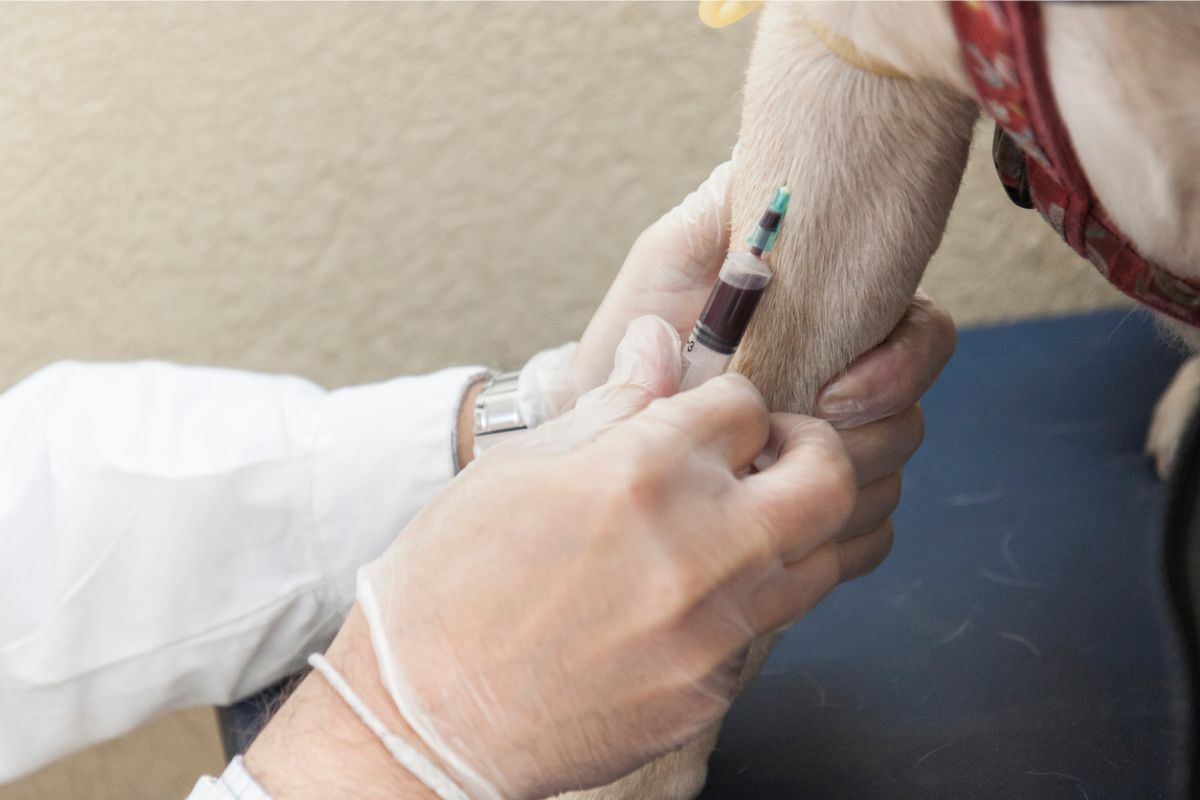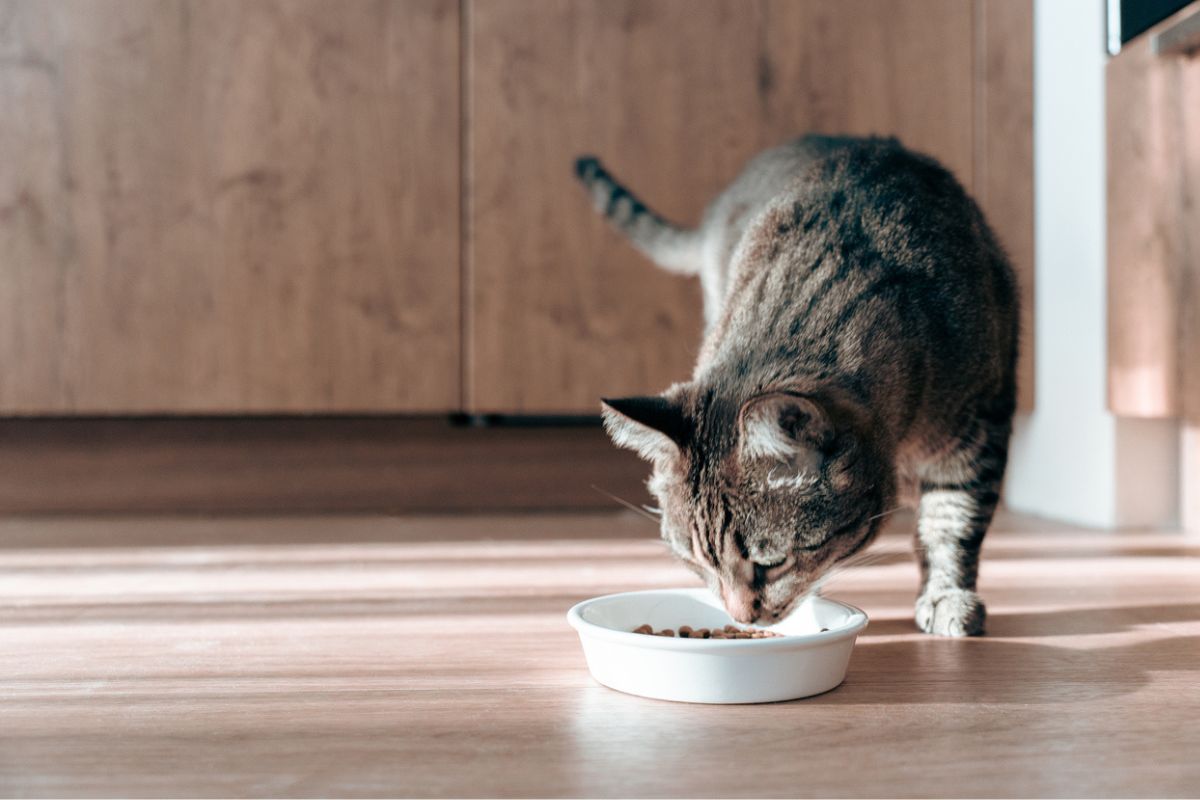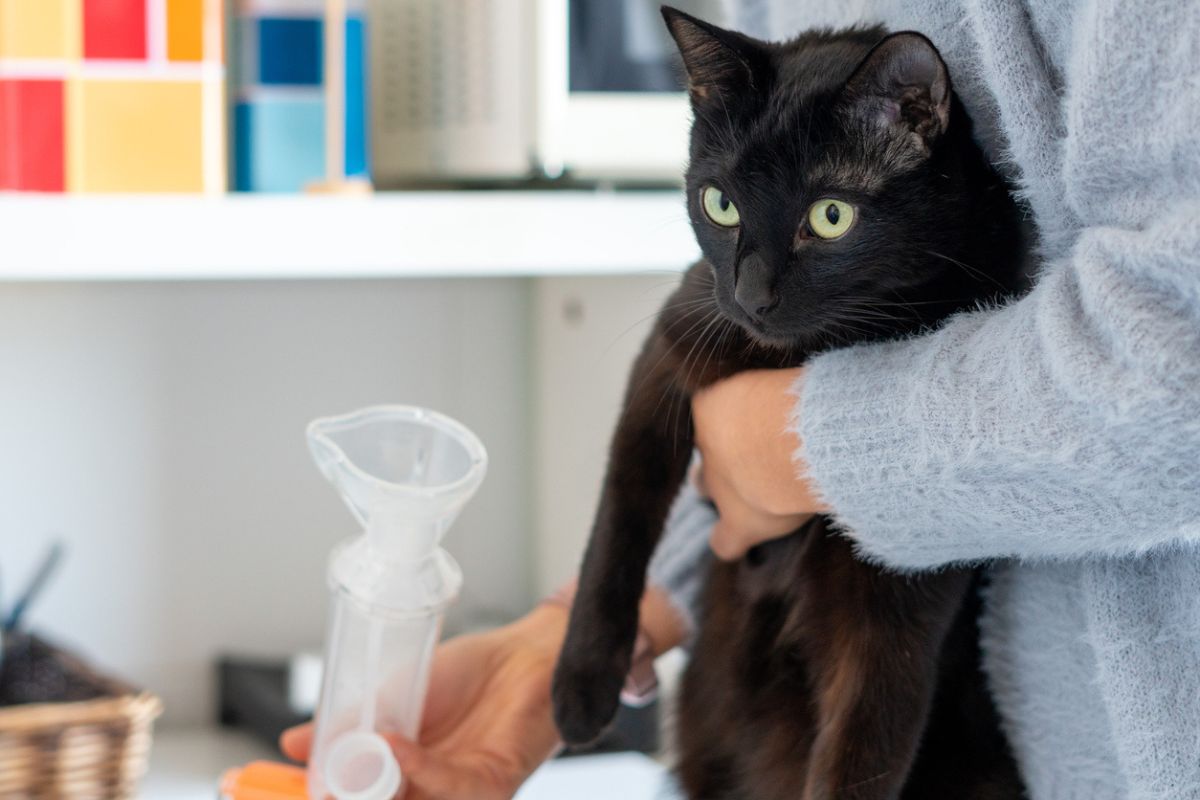Blood tests aren’t just for sick pets, they’re one of the most useful tools your vet has to keep your fur friend healthy. Find out why, when and how blood tests are used, what they reveal and how they’re performed.
Not many humans enjoy having a nurse jab a needle into their arm, so it’s understandable that you might be reluctant to put your pet through the same experience – especially if they aren’t sick. It may be reassuring to know that pets are rarely as fazed by needles as humans are, so it’s unlikely that your dog or cat will feel any discomfort from a blood test.
Vet Dr Nick Emerton, General Manager for Clinical Excellence at VetPartners, says blood tests for cats and dogs are done for two main reasons: to find out why a sick pet is unwell, and to pick up medical conditions at an early stage in seemingly healthy pets.
“Just like people over a certain of age will have blood tests to detect things like high cholesterol and liver or kidney issues, it’s exactly the same for how we manage wellness in cats and dogs,” Dr Emerton says. “Blood and urine tests give us the ability to see what’s going on inside and detect any early abnormalities before there’s any symptoms – and that’s the best time to detect it, because you can do something about it.”
To do a blood test on dogs and cats, your vet will clip away fur from a small area on their neck or limb, sterilise the area, then insert a needle into the vein. Usually an assistant will be on hand to keep your pet still, and apply a little pressure on the needle site afterwards to make sure the blood clots and bleeding stops.
When are blood tests on cats and dogs done?
Dr Emerton says all cats and dogs should have a blood test every year, to check for early signs of issues that could develop into bigger concerns down the track. Regular blood tests are generally done during your pet’s annual check-up, along with a urine test.
Regular blood tests are even more important if your pet is at high risk of a particular disease or if they’re in their senior era.
“The higher-risk patients are those aged over seven – they should have a blood and urine test every 12 months,” he says. “If we pick up something that’s not quite right we might make a decision to get them back in six months for further monitoring.”
Blood tests are also done before surgery to check whether your pet is well enough for the procedure – this is called a pre-anaesthetic blood test.
If you’re on a Best for Pet Preventative Wellness Plan, annual blood and urine tests are included in your membership – and an excellent way to help your vet tailor care to your pet’s individual needs, as well as detecting any signs of illness early.
What does a blood test show?
If you’ve ever watched medical shows like Grey’s Anatomy or ER, you might have heard doctors call for a ‘CBC’ – a complete blood count. This, along with a serum biochemistry test, is a vital diagnostic tool. A CBC is done on cats and dogs to show levels of certain proteins, hormones, lipids and enzymes in your pet’s blood that could indicate illness, infection or problems with their organs.
A blood test gives vets a ton of information about what’s happening with your pet’s health, especially their levels of:
- Red and white blood cells, and platelets. This is important for detecting infections, illnesses and immune system problems, as well as issues such as anaemia, dehydration and blood-clotting problems.
- Electrolytes and enzymes. This could signpost issues with the liver and kidneys. For example, if your cat is weeing in inappropriate places, their electrolyte levels could indicate kidney problems.
- Glucose. Levels of glucose are checked to see what’s happening with your pet’s metabolism and pancreas, and whether diabetes could be at play.
Blood test results – particularly a CBC – can be quite complicated if you don’t happen to have a degree in veterinary medicine, so if you’re interested in understanding your pet’s test results, ask your vet to explain it to you.
Do blood tests hurt my pet?
Blood tests shouldn’t cause your dog or cat any pain or distress. With that said, if your pet is an anxious type, ask your vet about strategies to make them more comfortable.
“That might involve medication, it might involve pheromones, or we might choose to admit a patient and give them in-clinic sedation,” says Dr Emerton.
“It’s rarely an issue to get a blood sample from a dog or cat. We’re cognisant of minimising stress for any patient, so with good handling and good stress management, pets are generally quite comfortable with what we want to achieve.”


